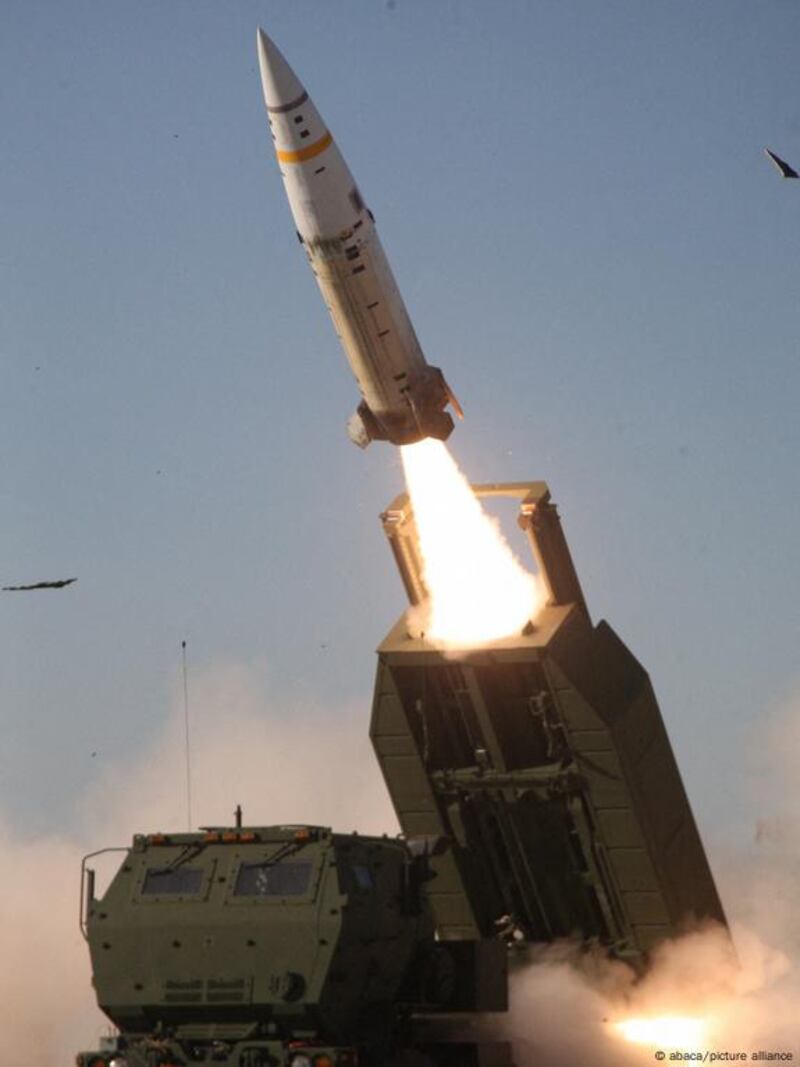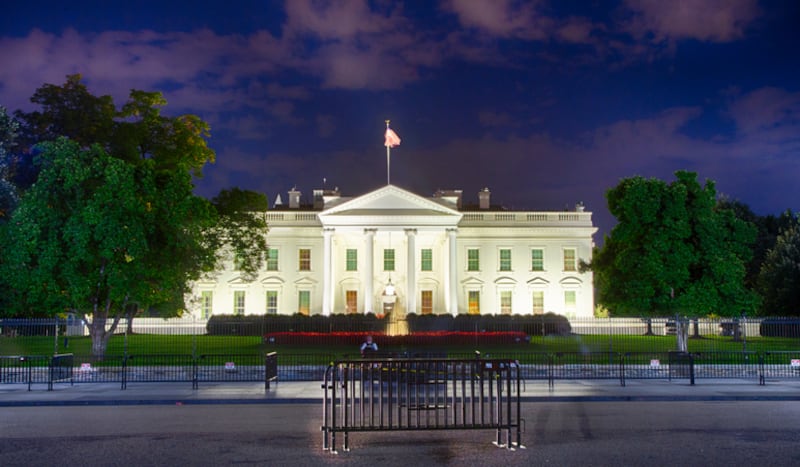Trump pushes for space militarization; warns of orbital chaos and risk of global war

The ambitious 'Golden Dome' missile defense project, promoted by President Donald Trump and approved in its initial phase by the United States Congress , has unleashed a wave of criticism due to its high costs, poor technical feasibility and the risks it poses for the militarization of outer space .
The system, described as a "system of systems" due to the complexity of its multiple layers—including an orbital one—aims to intercept intercontinental ballistic missiles during their initial flight phase. Unlike other models, such as Israel's Iron Dome, the Golden Dome relies on a network of satellites capable of detecting and destroying enemy missiles within minutes.

According to researcher Laura Grego of the Union of Concerned Scientists (UCS), the possibility of intercepting a missile in its initial phase depends on a window of just 3 to 5 minutes, which would require thousands of satellites in orbit to cover all possible scenarios. In her opinion, the system is vulnerable to being " saturated" by massive attacks or being destroyed outright.
“The enemy can always launch more missiles than you can intercept,” Grego warned. “ Or worse: they can attack the satellites and render the system useless.”
The approved budget allocates 25 billion dollars for the initial stage of the project , with a projection of 175 billion until 2029, according to the White House . However, the Congressional Budget Office (CBO) estimates that the actual cost could reach $542 billion over the next 20 years.

Nonproliferation experts like Jeffrey Lewis of the James Martin Center warn that the deployment of the "Golden Dome " could violate the principles of the 1967 Outer Space Treaty by turning Earth's orbit into a new arena for military confrontation. "This puts at risk not only military satellites, but also global civilian systems such as communications, air and sea navigation ," he warned.
There are also fears that other countries, such as Russia and China, could respond by developing anti-satellite weapons , including satellites armed with nuclear warheads, which could trigger a chain reaction with unpredictable consequences for global orbital infrastructure.

In a letter to Defense Secretary Pete Hegseth, four Democratic congressmen called the project “ prohibitively expensive , operationally ineffective, grossly corrupt, and detrimental to U.S. and global security .”
Laura Grego, a nuclear weapons specialist, said the project repeats the mistakes of Ronald Reagan's failed "Star Wars " program, which cost more than $60 billion before being canceled in 1993.
" More than protection, this shield offers a false sense of security. We're neither interested in building it, nor in announcing it," Grego warned.
publimetro




